Diversity, Equity and Inclusion
Education Pathway
Global Neonatal & Children's Health
Health Equity/Social Determinants of Health
Immigrant Health
Medical Education
3620 - Tough Topics in Global Health: Shifting to a Decolonized Academic Lens Through Critical Conversations
Course Number: 3620
-
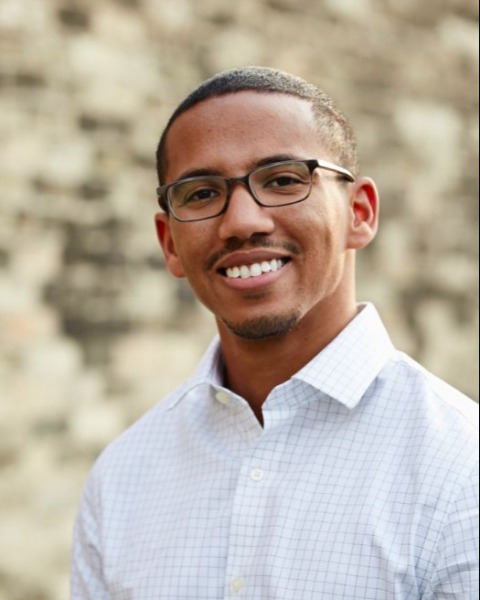
DeMarco Bowen, MD, MPH
Pediatric Hospital Medicine Fellow
UCSD / Rady Children's Hospital, United States -
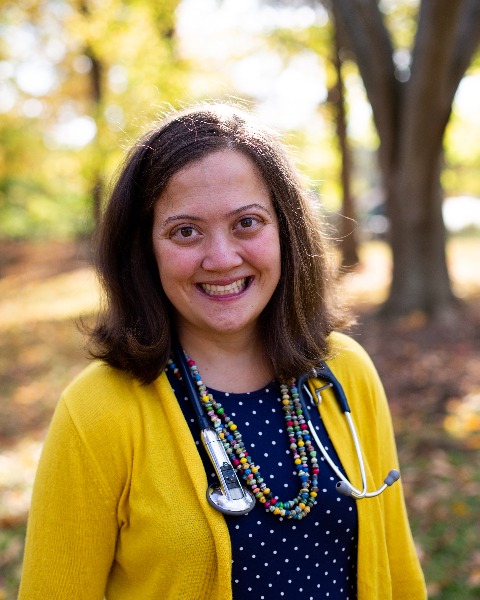
Amy Rule, MD MPH
Assistant Professor of Clinical Pediatrics
Cincinnati Children's
Cincinnati, Ohio, United States -
HH
Heather Haq, MD, MHS
Assistant Professor
Baylor College of Medicine
Houston, Texas, United States -

Elizabeth Groothuis, MD/MPH (she/her/hers)
Assistant Professor of Pediatrics
Ann & Robert H. Lurie Children's Hospital of Chicago
Chicago, Illinois, United States -

Thandi Ndlovu, MD
Pediatric Resident
Baylor College of Medicine
Houston, Texas, United States -
DL
Deawodi Ladzekpo, Ladzekpo, MD
Resident
Cincinnati Children's Hospital Medical Center
Cincinnati, Ohio, United States -
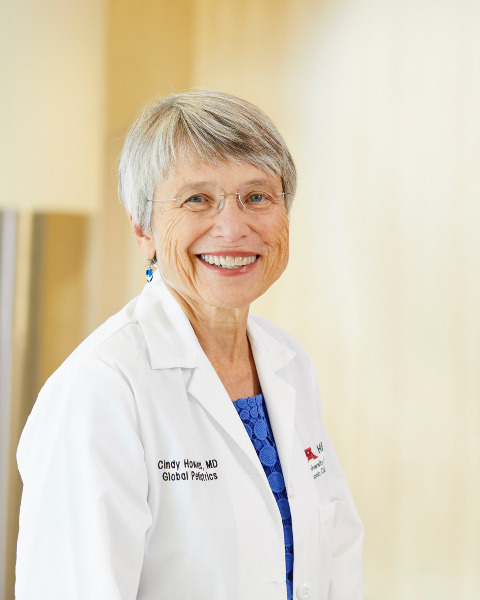
Cindy Howard, MD, MPHTM
Professor of Pediatrics; Director, Global Pediatric Program
University of Minnesota
Saint Paul, Minnesota, United States -
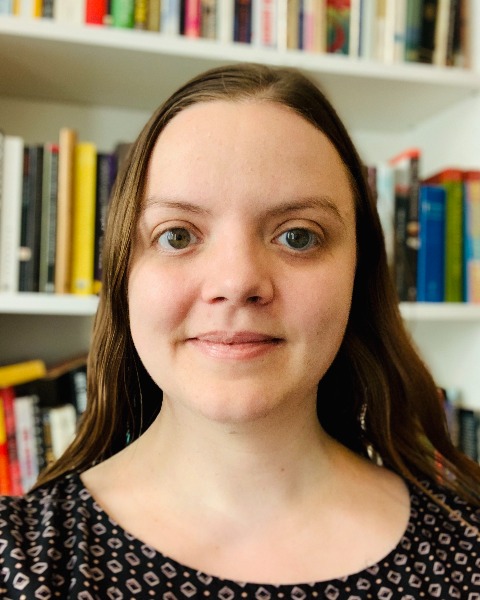
Brittany Murray, MD, MPhil (she/her/hers)
Associate Professor, Pediatric Emergency Medicine
Emory University School of Medicine
Atlanta, Georgia, United States -
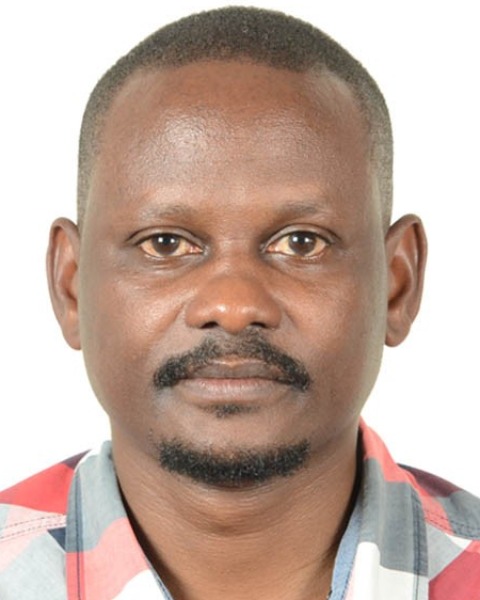
Victor Musiime, MBChB, MMed, PhD
Associate Professor
Makerere University, Kampala, Uganda -
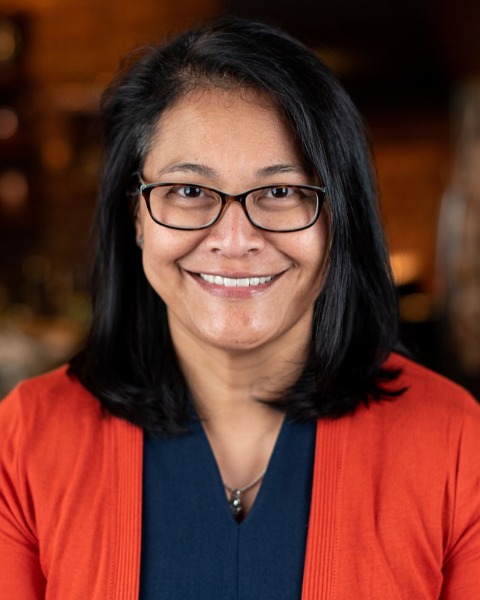
Beena Kamath-Rayne, MD, MPH (she/her/hers)
Vice President, Global Newborn and Child Health
American Academy of Pediatrics
Itasca, Illinois, United States
Leader(s)
Co-Leader(s)
Calls to “decolonize” global health are increasing—but what this means for North American-based academic pediatricians, educators, and researchers engaged in global health work is unclear. In both clinical and research realms, conversations addressing these topics are sometimes uncomfortable. Moreover, self-analysis and behavior change must be prompted by critical reflection and analysis of the impacts of inequity, racism, systematic oppression, structural violence, and the legacies of colonialism and neo-colonialism.
Effective facilitators of such conversations must understand power, positionality, racism, and colonialism; they also require skills and tools to promote the psychological safety of unrepresented persons, relate the importance of intersectionality, and aptly manage potential conversations gone awry.
In this workshop, we will discuss the development and initial experiences with “Global Health Education for Equity, Anti-Racism, and Decolonization (GHEARD),” an open-access curriculum developed by the American Academy of Pediatrics. Designed for trainees, physicians, and researchers in the global health space, GHEARD equips participants with skills to strengthen bidirectionality in partnerships, advocate for anti-racist practices, and reimagine a more equitable future for global health. After an introduction and overview of the GHEARD curriculum, this workshop will model the interactive learning methodology of GHEARD by beginning with an interactive conversation addressing intersectionality and privilege in global health. Following this, the workshop will conclude with a moderated large group discussion of people’s reflections of the activity, initial experiences with GHEARD in introducing these difficult conversations, effective facilitation techniques, and implementation plans for the GHEARD curriculum.
